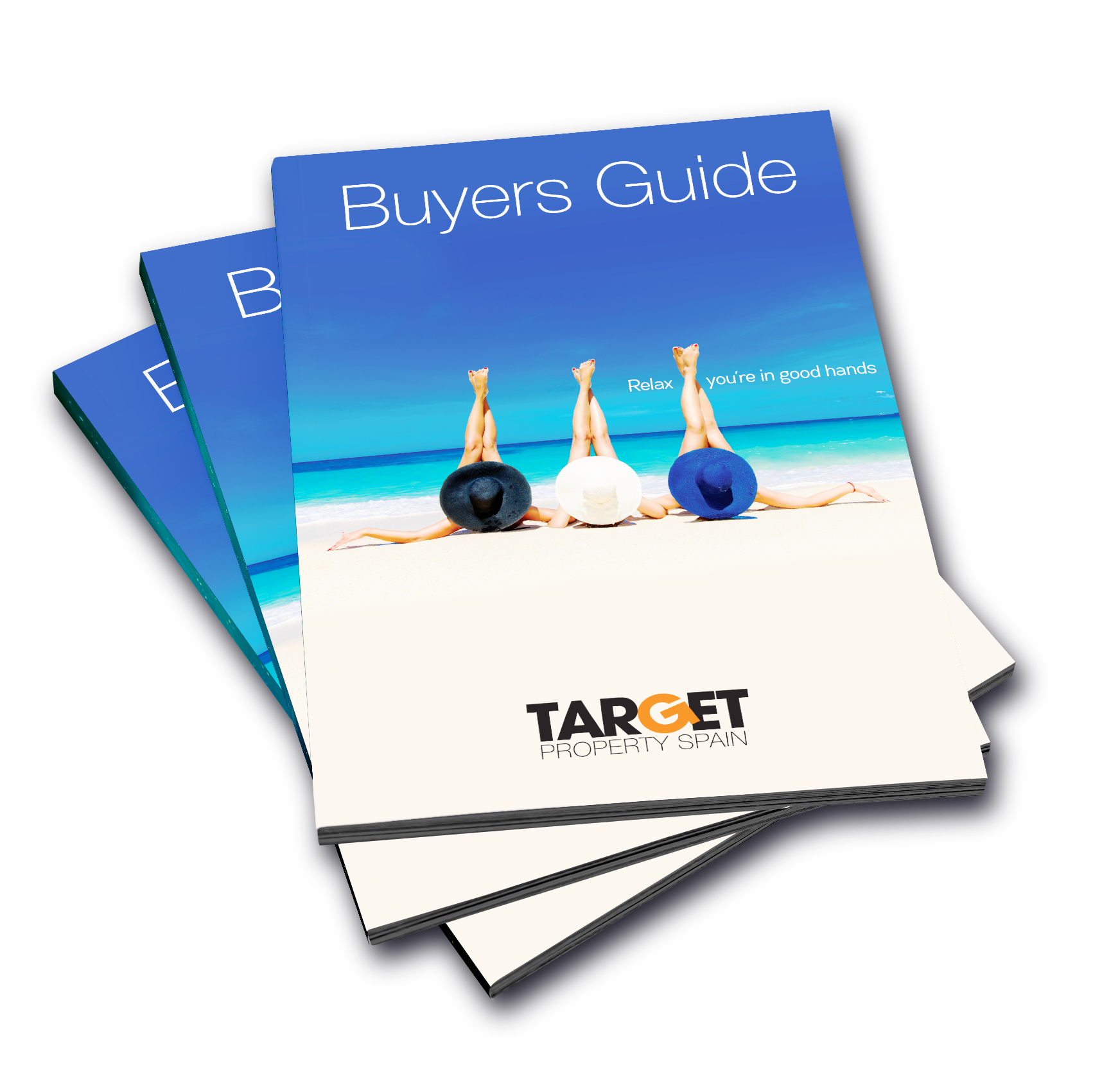1. What taxes do I need to pay when buying a property in Spain?
When you buy a house or apartment in Spain you will need to pay the property transfer tax. How much is that? The answer depends on the purchase price and whether the property is new or not.
When buying a second-hand property the transfer tax is banded as follows:
- 8% for purchases up to 400,000€
- 9% for purchases between 400,001€ and 700,000€
- 10% for purchases over 700,000€
But if we are talking about a brand new property you pay 10% IVA (VAT) instead of transfer tax, and stamp duty which is currently set at 1.5%
2. Are there any other costs I need to know about?
There are some additional fees to factor in. You will need to allow 1% (+VAT) for a lawyer to represent you, 1% for notary and land registry fees and approximately another 1% for various documents required such as power of attorney, N.I.E certificates, setting up utility contracts etc.
So, in summary, if you allow a total of 11% for a second-hand property or 14.5% if you are buying brand new, then you'll have it all covered.
3. What is an N.I.E?
N.I.E stands for Número de Identificación de Extranjero which translates as "Foreigner's identification
You can apply for an N.I.E yourself at the local police station, you will need your original passport (and a photocopy), two passport-sized photographs, and an application form (and 2 photocopies of the form).
The good news is that the lawyers we recommend will obtain your N.I.E number for you, saving you the hassle of waiting in line and having to navigate the application process yourself.
3. How do mortgages work?
Spanish banks do offer lending to foreign buyers. The minimum mortgage available is currently 40,000€ and the maximum loan to value is 70% although loans can potentially be financed above this level on a case-by-case basis.
Mortgages are provided on a capital repayment basis and generally over a 20-30 year term. Rates do vary but most mortgages for foreign buyers start from 1.75%
4. How long does it take to buy a property?
We get asked this a lot, normally because of how fast you want the process to be, which is completely normal as you're excited to move into your new Spanish home. Once you've agreed a sale, with a fair wind behind you, it is possible (but not common) to move in within 1 or 2 weeks. However it will also depend on the seller. Quite often sellers will not be occupying the property at the time and will need to make travel arrangements to come over to remove personal belongings and sign paperwork.
The most important part of the process is the due diligence your lawyer will carry out to ensure the property is in order and the best advice we can give you here is to be calm and patient and allow your lawyer to do their job thoroughly.
Our experience tells us that, on average, it takes 4-6 weeks from agreeing a sale to completion.
5. Should I buy off-plan or a second-hand property?
We are often asked which is best, off-plan or second-hand (or resale) property. It depends entirely on your circumstances, wants and needs.
Buying a second-hand property gives you the advantage of touching and feeling the property before you buy it. You may find a seller who really needs to sell and negotiate a great price and, of course, you can take ownership straight away and won't need to wait for construction.
Buying off-plan on the other hand means you will be waiting between 6 - 24 months for completion but also means you will be getting in well below market price, sometimes by as much as 40% less than the completed project would cost. New homes are built in a contemporary style with large open plan living spaces and an emphasis on natural light and outside space. Most developers offer 3D virtual tours to give you a sense of what the finished project will offer. Click here to browse our new development database.
6. Are Spanish properties freehold or leasehold?
We don't have the concept of leasehold in Spain for residential properties so when you buy a property you own it outright. If you are buying house you will own all the land the property occupies. If you are buying an apartment you will own the walls, ceilings, floors and terraces.
7. Can my partner and I share title on our Spanish property?
Spanish law allows for multiple owners on the title deeds to a property. We advise you to discuss the implications of sharing title, particularly for inheritance matters, with your lawyer before you buy.
8. What are the running costs of owning a property in Spain?
In addition to the usual expenses of property ownership, such as water and electricity, the costs of owning a property in Spain depend upon the type of property.
If you buy a property in a community you will be obliged to pay community fees which contribute to the maintenance of the common areas such as swimming pool, elevators, gardens etc. Generally community fees are between 70€ - 250€ per month depending on what needs to be maintained. A community with several pools, 24 hour security guards and lavish, expansive gardens will be more costly than a modest community.
You will also need to pay IBI which is the equivalent of council tax and will be around 500€ - 600€ per year for apartments and townhouses and around 1200€ - 1500€ per year for a detached villa, depending on the size.
You are also obliged to pay non-resident’s income tax on an annual basis. This is a tax that is based upon the rateable value of your property in Spain and can be calculated prior to your purchase.
9. How many estate agents do I need to find my dream property in Spain?
The more the better right? Wrong...nothing could be further from the truth. Find one agent who knows the market inside out and understands and listens to your requirements and let them be your sole point of contact.
The way the market works in Spain is quite different to what you know at home. All the established estate agents share their listings with one other so your agent can show you any property available for sale, listed by any agent. This is important because it means you are getting "whole of market" choice.
It also means thats you don't need to waste time co-ordinating
Whoever you choose (and we hope you choose us) make sure they are honest and reputable, well established with an office where you can visit them and have good reviews from happy customers.




